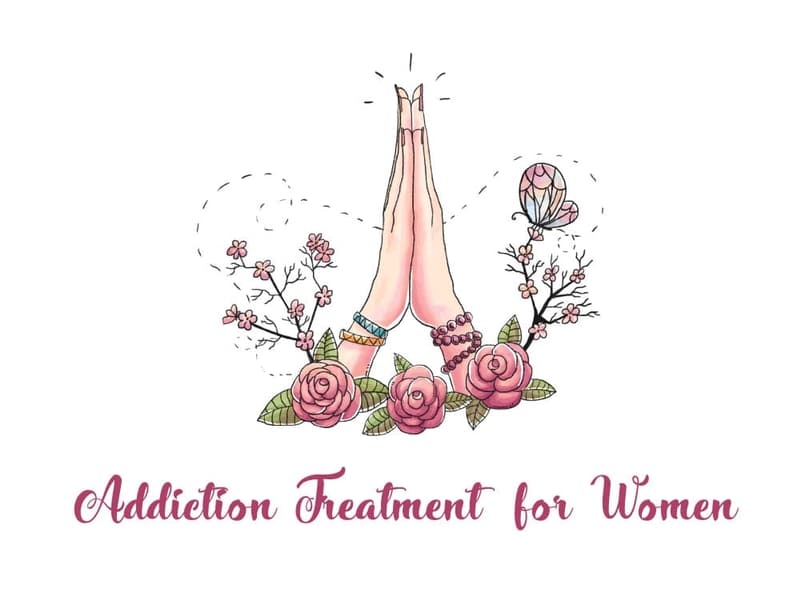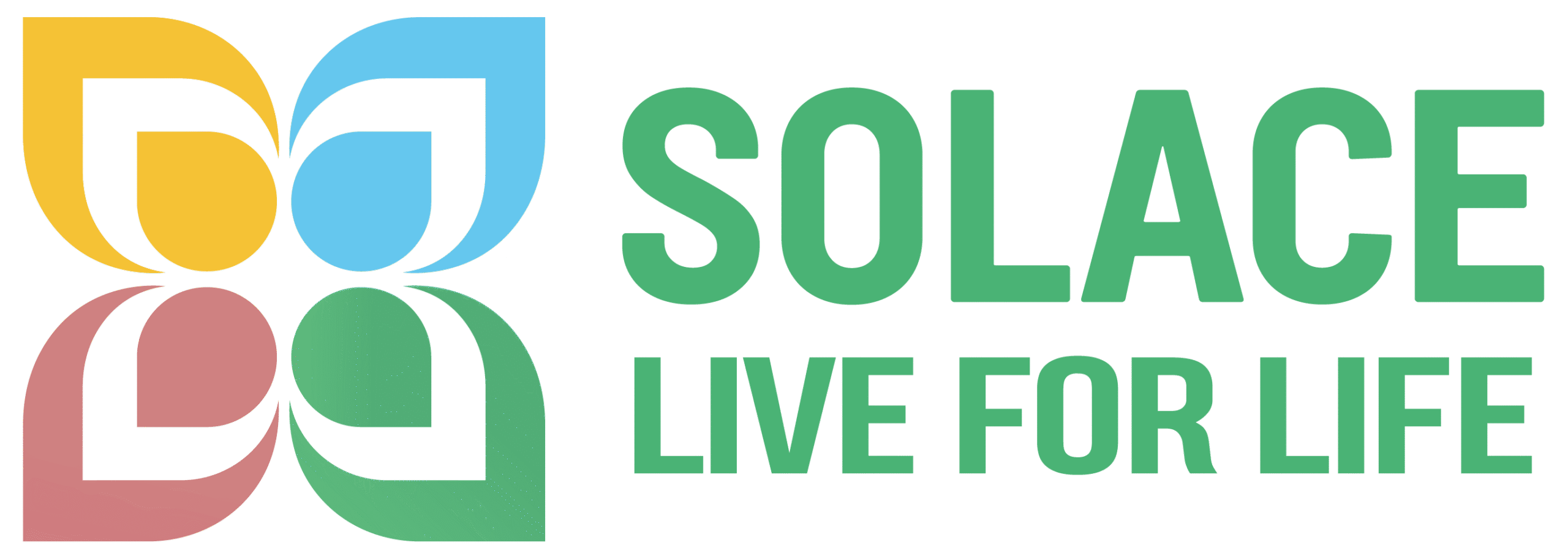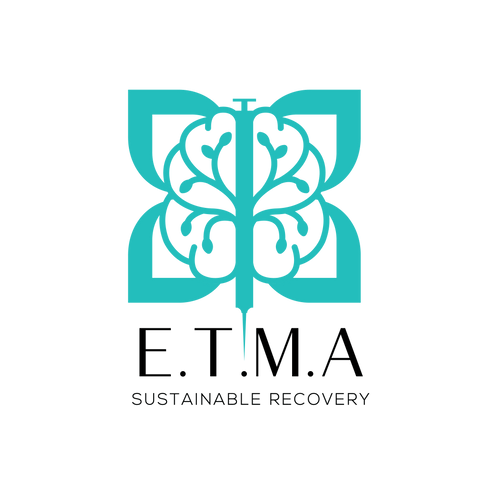Addiction Treatment For Women

Addiction treatment differs between genders. Every treatment centre needs to appreciate the importance of gender difference in addiction. The reasons why women become addicts are very different from men. There’s an imperative need to recognise ways in which women can be treated for addiction. In treating women, it’s important to realize that gender, relations with family and friends; play an important role. So, do their relations with support groups. These factors need to be taken into consideration. SAMHSA/CSAT’s TIP 51 has outlined a complete protocol for the treatment of women. For more information on it.
Core Principles of Gender Responsive Treatment According to TIP51
As you may or may not be aware, TIP51 talks in depth on how to treat women addicts. To help with the issues that are more gender specific, it’s important to pay good attention to these guidelines. Below is a list and a brief explanation on how we treat female addicts according to TIP51 guidelines:
First of all, we recognise the role and significance of personal relationships in women’s lives. This principle teaches us that women find connection and self-worth through their relationships. This is called the relational model. In it, we recognise how drugs and alcohol has disconnected the female patient from her loved ones. Specific emphasis on family will be given. At Solace Asia, we prioritise family relationships and see this disease as one of the family. Hence, in treating our addicted client, we will involve the family as well. For more on our family-centered programs, click here.
Next, we need to address women’s unique health concerns. The use of drugs and alcohol creates greater health risks for women. The consequences of addiction may expose women to higher risks for infectious diseases. Also, it may affect reproduction, endangering fetal development (during pregnancy), abortion, and infertility. These unique health concerns need to be addressed during treatment.
Also, we need to attend to caregiving roles that women assume in their lives. Whether addict or not, women are natural caregivers. Such roles may inhibit their willingness to partake in treatment. It’s important that these concerns are addressed within treatment.
Added to that, we need to acknowledge the importance and role of socioeconomic differences among women. Women from different socioeconomic backgrounds will bring separate issues. It’s important to appreciate their educational, housing, employment, literacy level, and income. Addressing issues relevant to these themes will help to progress the treatment of women.Hence, at Solace Asia, we specialise in treating each client based on her specific needs. Read more about our individuated program in this article.
In treating women, we endorse a developmental perspective. We understand that women at various ages in their lives, will bring different issues. We also know that substance abuse affects women differently throughout their lives. This is why our program adjusts to the needs of our female clients as they progress in their journey of recovery.
We also aim to promote cultural competency that is specific to women. We understand the experiences of women from different cultural and ethnic backgrounds. Also, the interplay between gender, culture, and substance abuse; is deeply appreciated here. This also includes overlapping identities of race, class, sexual orientation, age, and nationality. Added to that, marital status, disability, and religion. All these are taken into consideration to ensure a holistic approach to female clients. For more on sexual orientation, we do cater to LGBTQs at Solace Asia, for more information on that, click here.
In treating women, we need to adopt a trauma-informed perspective. Past violence, victimisation, and abuse will affect many women who are addicted to alcohol and drugs. Hence, substance abuse treatment needs to aid women to find safety. It also needs to teach them on how to develop good coping strategies. And how to recover from the effects of trauma and violence. For more on trauma as a cause for addiction, do read “Trauma as cause for addiction,” article on our website.
We use a strengths-based model for women’s treatment. A strengths-based model is one that builds on the woman’s strength and resources. We will develop these to enhance resiliency and recovery skills, deepen a sense of competency, and improve the quality of her life. The strengths may include personality traits, abilities, knowledge, spirituality, and other assets. Her resources may involve supportive relationships, environments, and professional support.
At the same time, we include an integrative approach to women’s treatment. Treatment needs to be about current knowledge, research, theory, experience, and treatment models. They need to be from many disciplines that understand women and substance abuse. Also, it needs to involve an integrative approach. This will include mental health and women’s health. As well as social and behavioural sciences. Hence, treatment providers must work with other agencies. They should collaborate and network to provide a wholesome experience. All along, women patients should see this interaction as being seamless and centred. Doing this, helps to address the complexity of issues on women in treatment.
Another aspect to treating women is to maintain a gender-responsive treatment environment. Treating women becomes most effective when the environment is nurturing, supportive, and empowering. Women with addiction are more likely to remain in treatment if they feel it is safe. This is treatment that includes their children and uses proactive case management. At the same time, treatment needs to foster the development of supportive relationships across the continuum of care.
Finally, treatment needs to support the development of gender-competency specific to women’s issues. At Solace Asia, our staff members are trained to provide gender-specific services. The training includes vigilance and supervision. It is to promote the development of gender competency for our female clients.
Substance Abuse Treatment For Women At Solace Asia
Women addicts bring different issues to men. They have a higher rate of success should the rehab cater for their needs. These may include having a supportive environment, addressing childhood trauma, anxiety, and depression. The rate of relapse between male and female clients are of no difference. Personality rather than gender is what determines if relapses occur. For more on what happens after a relapse, please read this article. At Solace Asia, our patients are treated with a multitude of support. We practice a multidisciplinary approach to treatment. Added to that, we consult the latest science in addiction treatment. Click here to read about the DSM-V, which is our manual for treatment. We have a women’s only programme, which is gender-specific. Hence, we are suited to women’s needs in recovery. Come to us for help, we’re always here to help you.

